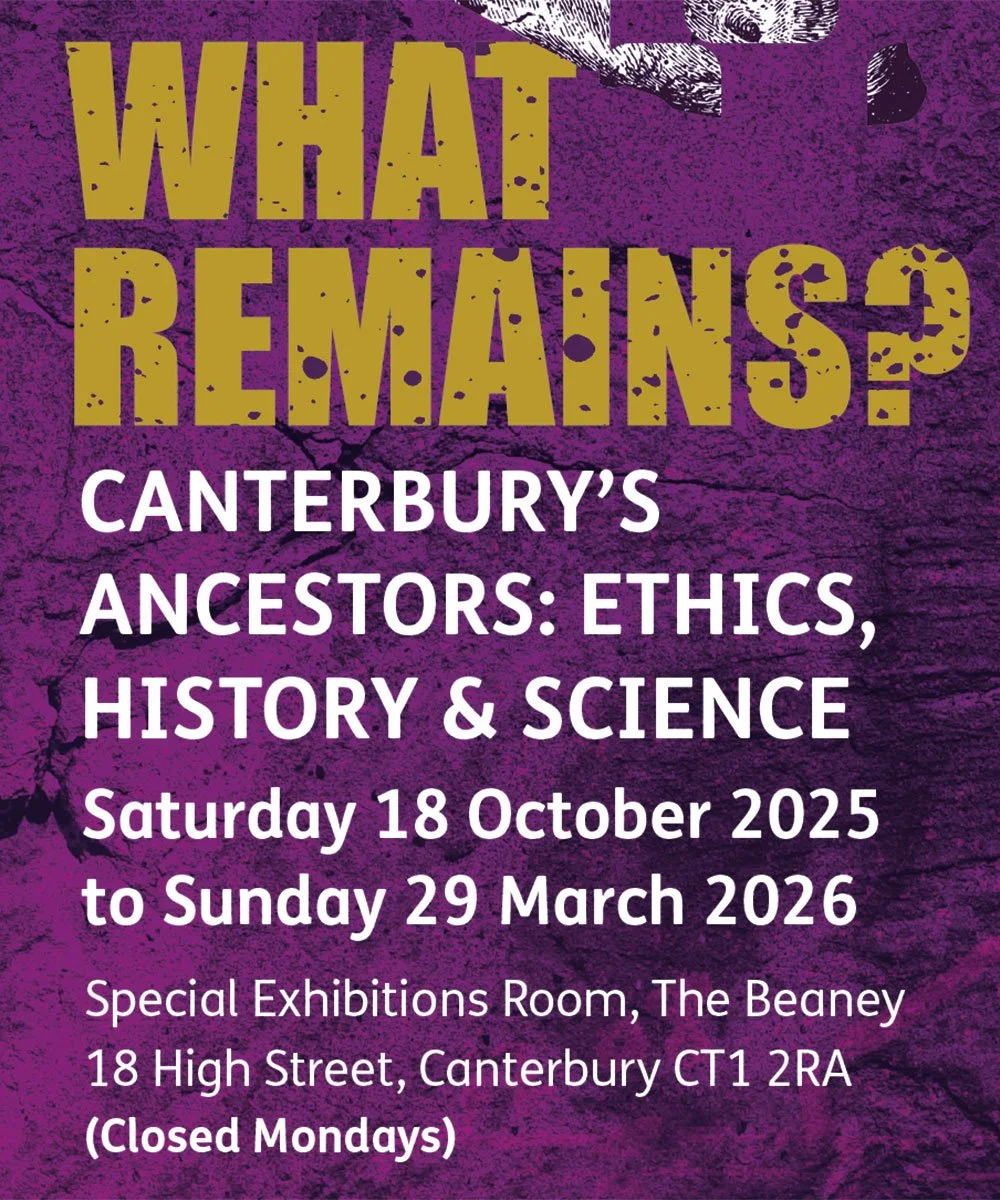INTERVIEW: Kent's Indoor Pets on their triumphant return from hiatus
When they left off, Indoor Pets were just about to tour with Ash, having played the Reading and Leeds festivals and supported the likes of Weezer at Brixton Academy. Then Covid happened.
Image by Jess Greaves
After a four-year hiatus, alt-rockers Indoor Pets have returned with a new album, a run of sold-out gigs and a tour that ends with appearances at festivals including 2000 Trees.
When they left off, Indoor Pets were just about to tour with Ash, having played the Reading and Leeds festivals and supported the likes of Weezer at Brixton Academy. Then Covid happened.
New record Pathetic Apathetic, out on Alcopop! Records, is angry, taking aim at the political landscape as well as performative activism on social media by artists and influencers who misuse causes for social currency with their fan bases.
The band, who comprise vocalist Jamie Glass, guitarist James Simpson, bassist Oliver Nunn and Rob Simpson on drums, offer the metal-tinged lead single London (Love To Hate) and gargantuan follow-ups Dopamine Girls and Stink Eye (My Joy Is Irrational), which bagged multiple radio spins on BBC Radio 1 as well as Tom Robinson and the Indie Forever show at BBC 6 Music.
At the back of the bus, we caught up with Jamie and James as they embarked on their return to touring.
‘Cene: One of the first things we did at ‘cene magazine was watch you guys live in 2017, back when you were Get Inuit, at the anniversary gig for BBC Introducing in Kent.
JG: Wow, that was a long time ago.
‘Cene: Yeah (reminisces), but let’s start with that hiatus period.
JG: That pretty much coincided with Covid. Our first album came out in 2019 and we were doing a lot of touring to support that. We were just about to go on this massive European tour with Ash when lockdown hit. It was like the day before - we were all packed ready to go. That triggered a lot of, I guess, internal questions of maybe we should have a little bit of a break, maybe we should reassess. We had a bit of terrible luck, with a lot of our team being quite heavily affected by the financial ramifications of lockdown, which made it almost feel harder to get back in the saddle when you have to source a new manager or new booking agent.
JS: Yeah. We all planned to take a bit of time, but not four years or whatever… it was meant to be 18 months.
‘Cene: So, when you obviously decided that it was time to come back, what was that conversation like?
JG: We were working on new material when everything collapsed. So it was really me and James listening to this massive folder of unreleased tracks with really fresh ears. It had been a few years since we paid attention to them and we realised that the majority of them were still music that we were really proud of. That made the decision to go back into the studio a lot easier because we didn’t feel we had to start writing a whole new album. It was more a case of doing justice to the songs we’d already written.
‘Cene: So it was just a case of recording them?
JG: Me and James spent about three months sneaking into the studio whenever it was available. It was a long recording process because it was quite bitty, but that made it quite enjoyable because we were excited every time we went into the studio to get cracking rather than having that lethargy of doing three weeks in a row, which by the end of it you just hate all the songs.
JS: It gave you time to think about it in between. You’d go in and say “Right, today we’re going to do this” and you’d just do it. It was easier. Every time you went in, you had a fresh thing you had to do.
‘cene: When did you all get back in the room for the first time?
JS: Well, because of the way we do it, it’s a bit weird. Jamie writes a song and then we will work on it. Rob [drums] will come in and then Oli [bass] will come in and do a bit. The first time we’re actually all together is usually either backing vocals right at the end, or it’s like working out how to play that live. So the first time we were all together, it was probably like a rehearsal. Then we work out how to make that song work live.
JG: We tracked the songs before we learned how to play them as a band, really. So, when we did, it was really rusty. All of us just felt like the Tin Man from Wizard of Oz. We needed oil. We just couldn’t quite figure out how to do it. And then we went “Oh, should we just go through the old songs, the old set?”. And then it was just like muscle memory, all clicking into place. It was quite a nice moment.
’Cene: Hearing the songs now, the statements are still very apt as to where we are as a country.
JS: It was scary the first time you played something that had a way more keen eye or statement on things. It was great and I was excited by it, but I didn’t know if it would work. But as the country progressively has gotten more and more of a mess, every lyric just made more and more sense. We were saying “Oh, is it gonna be too late?” because there was a lyric in there about the ‘cost of living’, but it’s just progressively got worse and worse. It’s a very strange thing - even before that was a phrase, it was in those songs, some of which we had played live in 2020.
JG: I would like to say it’s just great timing, but I think it’s, probably more honestly, just terrible timing for the rest of the country that it becomes more and more poignant and more and more cutting as it goes along. I hope that it won’t be more relevant in five years’ time. That’s definitely not the plan. But who knows?
‘Cene: Someone billed you very early on as from Sittingbourne.. is that right?
JS: Yeah, our studio’s in Newington. We’re still there a lot. Mine and Rob’s parents were the band base for years. We stored our equipment in the garage. I was back there in lockdown because I make music for a living and nobody made music for three years. So I moved back in with my parents aged 30. That was great. Loved that.
‘Cene: What’s the deal at the moment? Do you all still have jobs?
JG: We’ve all got jobs in different kinds of fields. We’re on tour at the moment, but pretty much every moment that we’re not being ‘rock stars’ we’re on our laptops booking meetings and answering emails and sending stuff. So yeah, we’re kind of always working - we just all found roles that we can bend around being a touring musician, which took like 10 years to get to this point.
‘Cene: From where you guys were before lockdown, sharing stages with very big bands, is it still the goal to get back to that, to be ‘signed’?
JS: We’ve had record deals and we have one at the moment, but I don’t think any band, unless you’re one of maybe the five acts that get signed to a major label for a large amount of money, you can’t quit your job. I work in big venues across London and most of those artists that play them have day jobs. They might only do a few days a week, or they’ll have large gaps where they’ll go on tour, but nobody really quits their job anymore to do music. It’s not really a thing. Unless you’re like Billie Eilish or Taylor Swift.
Big, big bands playing Brixton Academy or Roundhouse, when they went home they did something else, unless they were like the primary songwriter.
The only people left making music are mostly people that would do it no matter what. You might become social-media-famous, but you’re not going to become rich and famous in the sense of what we read in magazines when we were kids.
‘cene: Having seen you many years ago, we know you have a rock’n’roll wild set, right?
JG: It’s high energy. But we are at the point now where we have to properly stretch beforehand. When we were in our 20s we could really go for it. And now it’s, like, we can go for it but feel it for about 48 hours afterwards. I think we’re probably going to be doing this when we’re in our 60s.
‘cene: And for anyone who doesn’t know what you sound like…
JG: Despite how we’ve evolved as a band, the components always stay the same. We’re very loud, dynamic, but also catchy, like rock music. And I would even say pop with loud guitars because we’ve never really shied away from making kind of ear worms and catchy hooks, which maybe other artists might try to avoid in the same genre.
We kind of say ‘alt-rock’ now, which is quite fun. But I think when you’ve got a silly voice like mine, it’s always going to be that kind of quirky, pop-punk… loud, just loud, loud music.
‘cene: some of your earlier stuff had a Weezer vibe about it.
JG: Yeah, we definitely tried to lean into that a lot back in the day. You know, when you’ve got big old glasses like this, and you sound like we do... and then we ended up supporting them at Brixton Academy! So it all worked out.
‘cene: Is that the biggest gig you’ve ever done?
JG: I think crowd size, probably, yeah. Reading and Leeds festivals were massive tents, too, but yeah, I think that probably is. It’s the only one that my dad has a picture of on his wall. So I guess that’s the one he’s most proud of.












